We are at the forefront of a healthcare revolution, thanks to medical research technology. This field has brought us innovative devices, better data analysis, and improved patient care. It has made diagnosing and treating diseases faster and more accurate, changing how doctors care for patients.
Thanks to medical research technology, we can now diagnose and treat diseases more effectively. This leads to better health outcomes for patients. Artificial intelligence has made disease diagnosis better, and new medical devices allow for more precise treatments. These advancements have greatly improved healthcare, and we’re seeing the positive effects on patient care and results.
As we look at the latest in medical research technology, we see how it’s changing healthcare. We’ll talk about how better data analysis and new medical devices are driving these changes. These trends and technologies are key to improving healthcare.
Introduction to Medical Research Technology
Key Takeaways
- Medical research technology has revolutionized healthcare, making diagnosis, treatment, and prevention faster and more accurate.
- Innovative medical devices have improved patient care and outcomes.
- Artificial intelligence has enhanced disease diagnosis and treatment.
- Healthcare advancements have been significant, with medical research technology driving innovation.
- Improved data analytics has enabled more precise and effective patient care.
- Medical research technology continues to shape the future of healthcare, with new developments and innovations emerging regularly.
The Evolution of Medical Research Technology in Modern Healthcare
We are seeing a big change in medical research technology. There’s a focus on digital health solutions. Data analytics in medicine has helped improve patient care. This lets doctors make better choices.
AI in healthcare research is also playing a big role. It helps diagnose diseases faster and more accurately. Electronic health records and telemedicine have made things easier. These changes have made medical research more efficient and effective.
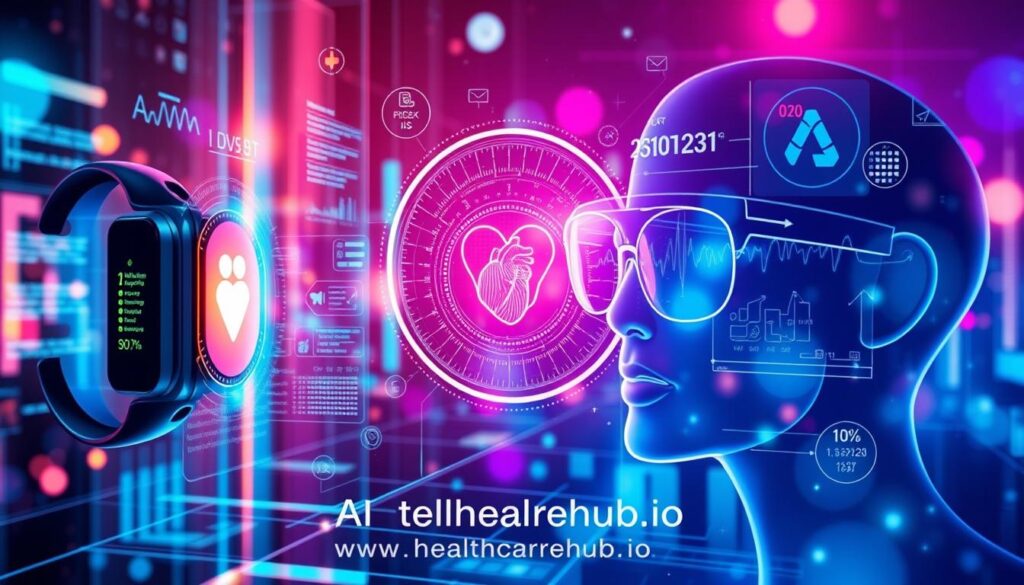
- Enhanced data management and analysis
- Improved patient outcomes and care
- Increased accessibility and convenience
As we move forward, it’s key to understand the importance of data analytics and AI in healthcare. These digital tools open up new ways to improve medical research and patient care.
Implementing Advanced Data Analytics in Clinical Research
We understand how important advanced data analytics is in clinical research. It has changed how we handle clinical trials and biomedical tools. Now, researchers can analyze huge amounts of data better and faster, which helps patients more.
The perks of using advanced data analytics are many. For example, machine learning algorithms spot patterns in big data. Cloud-based platforms help researchers work together. Studies show that using these tools makes clinical trials more accurate and efficient. This leads to smarter decisions and better treatments.
Some main benefits of using advanced data analytics in clinical research are:
- Enhanced data analysis and interpretation
- Improved collaboration and knowledge-sharing among researchers
- Increased efficiency and reduced costs associated with clinical trials
- More accurate and reliable results, leading to better patient outcomes
As we explore new areas in medical research, using advanced data analytics is key. It helps us innovate and improve care for patients.
Essential Medical Research Technology Tools and Platforms
We are seeing big changes in medical research, thanks to new tech. This includes precision medicine, digital health solutions, and new medical devices. These changes have made care more personal and improved patient results.
Artificial intelligence and machine learning are making diagnoses more accurate. Digital biomarkers help spot health risks early. This means doctors can act fast to help patients.
Key Applications of Medical Research Technology
- Cloud-based platforms help researchers work together worldwide, speeding up new treatments
- Precision medicine lets doctors target treatments, leading to better health for patients
- Wearable devices let doctors monitor patients from afar, cutting down on hospital stays and improving care
As we keep using precision medicine and digital health, care will only get better. New medical devices will also be key in shaping healthcare’s future.
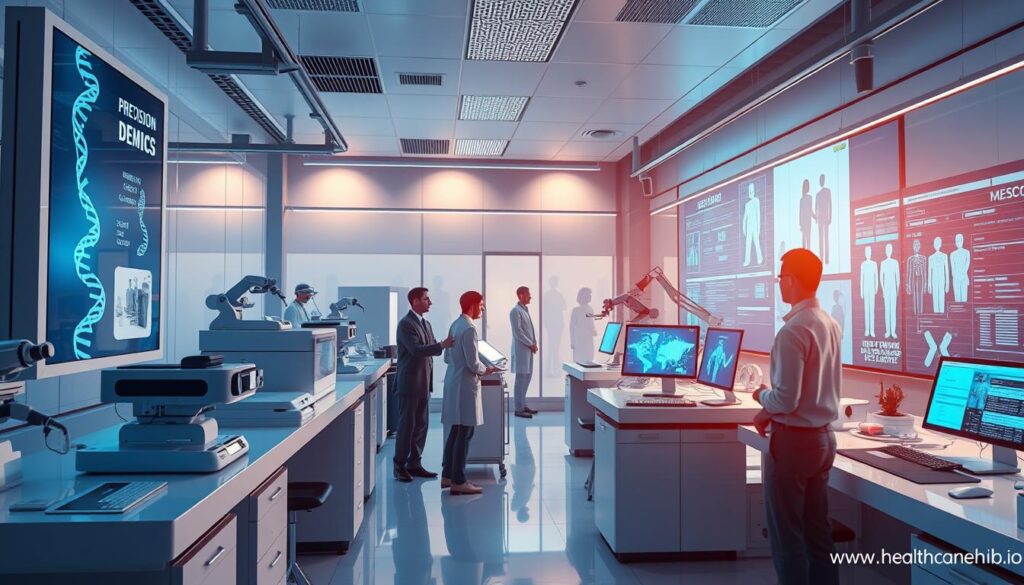
Using these tech tools and platforms, we can make healthcare more efficient and focused on patients. This will lead to better health and a better life for everyone.
Shaping the Future of Healthcare Through Innovation
Looking ahead, medical research technology will be key in changing healthcare. Experts say that artificial intelligence, digital health solutions, and precision medicine technologies will lead to better patient care. They will also change how we get healthcare.
Blockchain technology is making data management safe and clear. Personalized medicine is leading to treatments made just for each patient. These steps, along with digital biomarker detection systems and cloud-based platforms, are changing healthcare advancements. They are also making biomedical research tools more effective.
We need to tackle the challenges and chances that come with these new technologies. We must create strong rules and train more people. This way, we can make sure these technologies are used safely and well. By doing this, we can reach new heights in patient care.
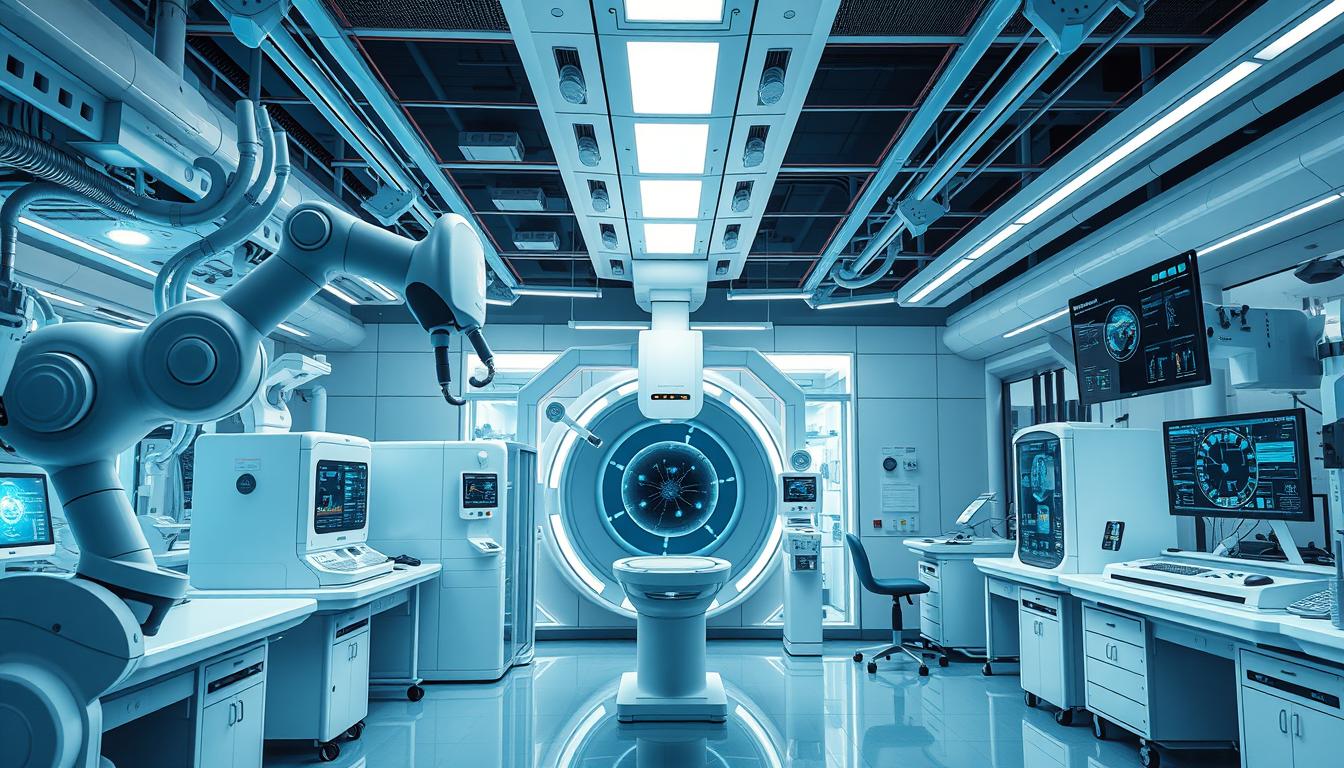
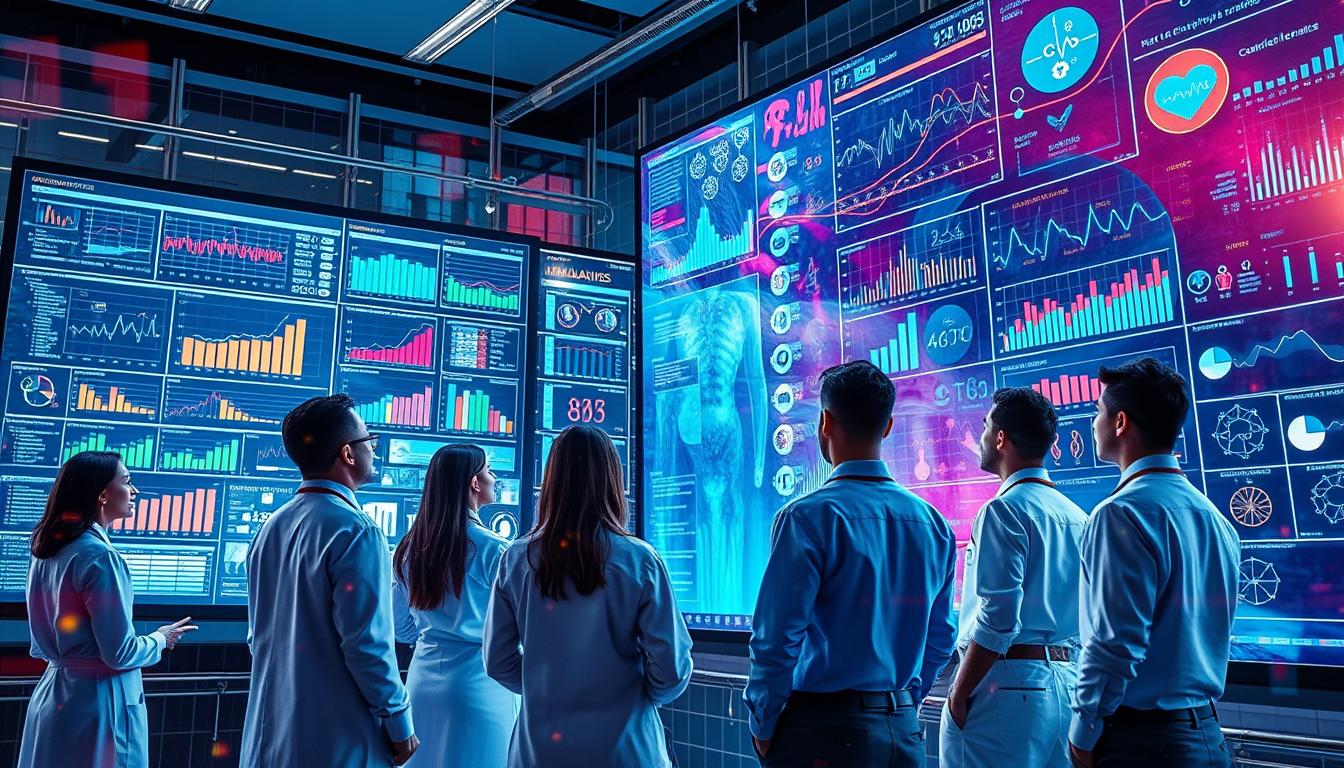
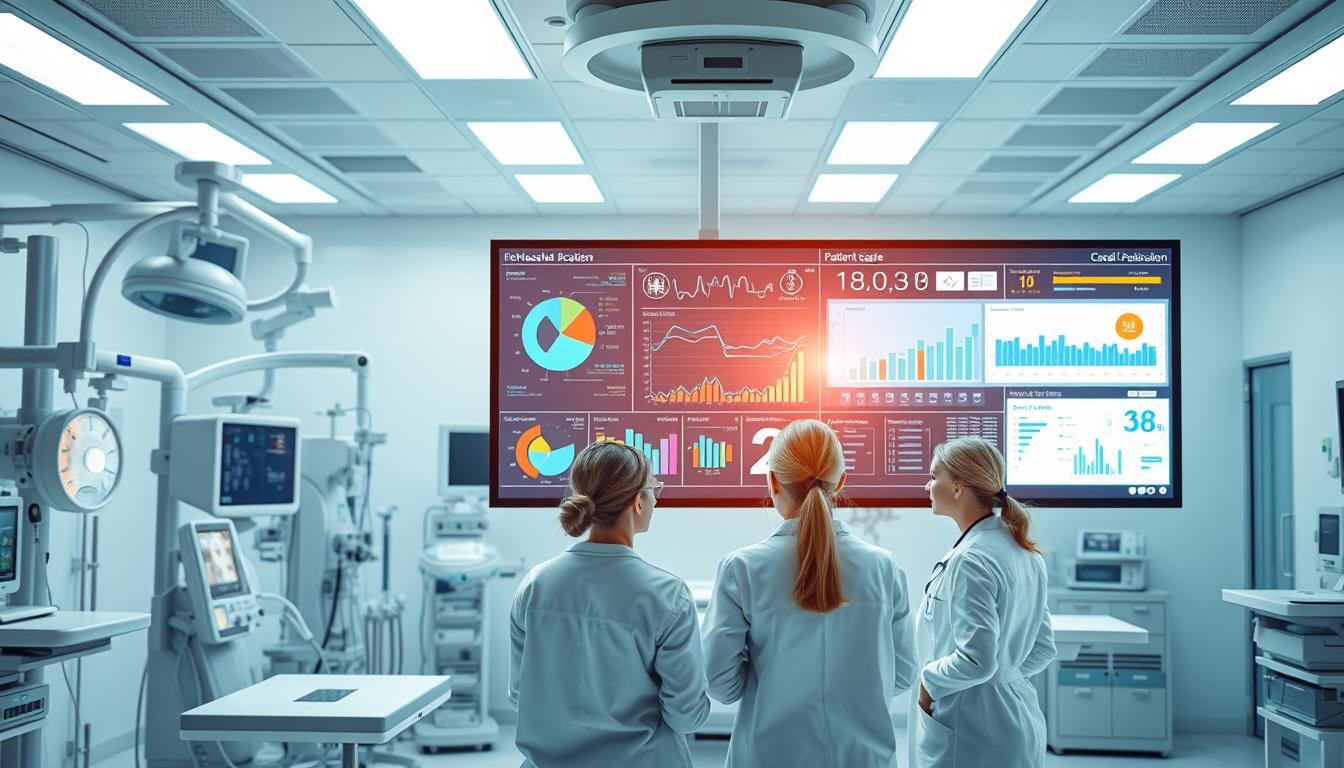
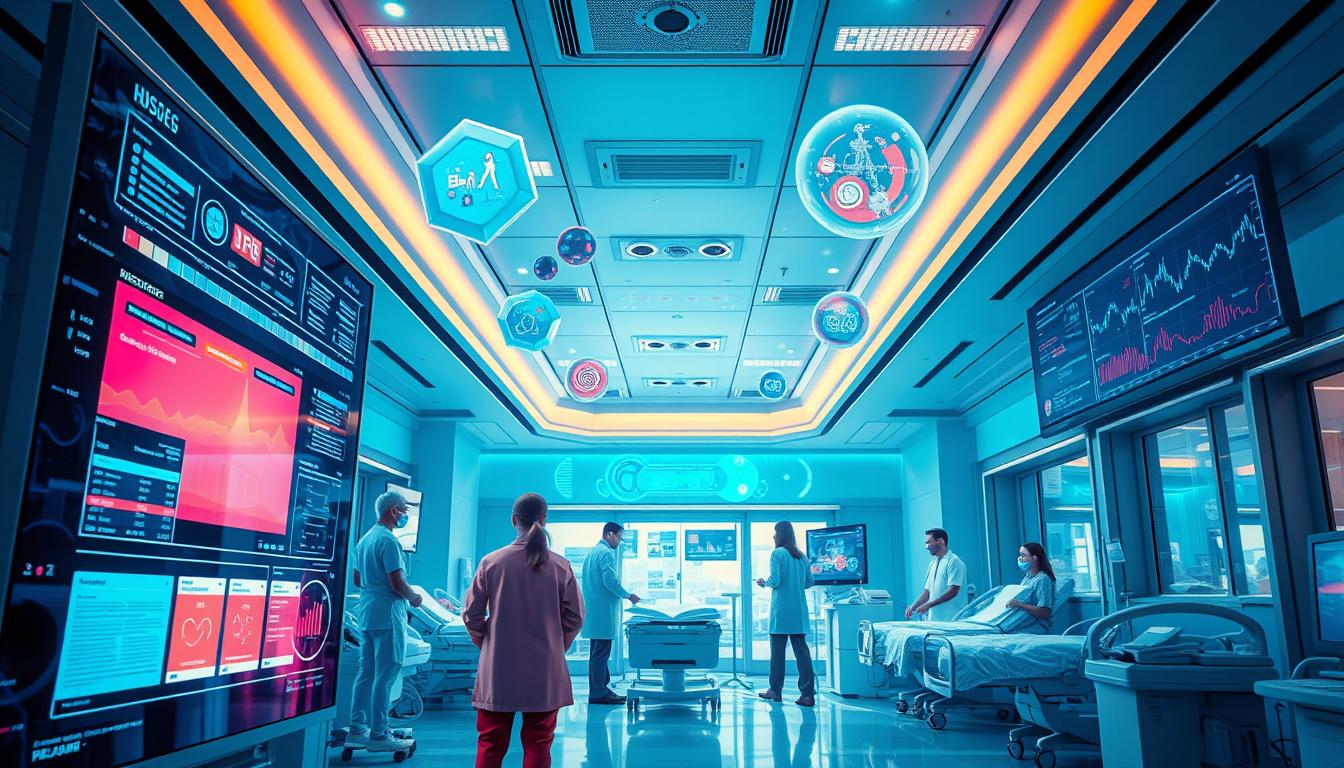

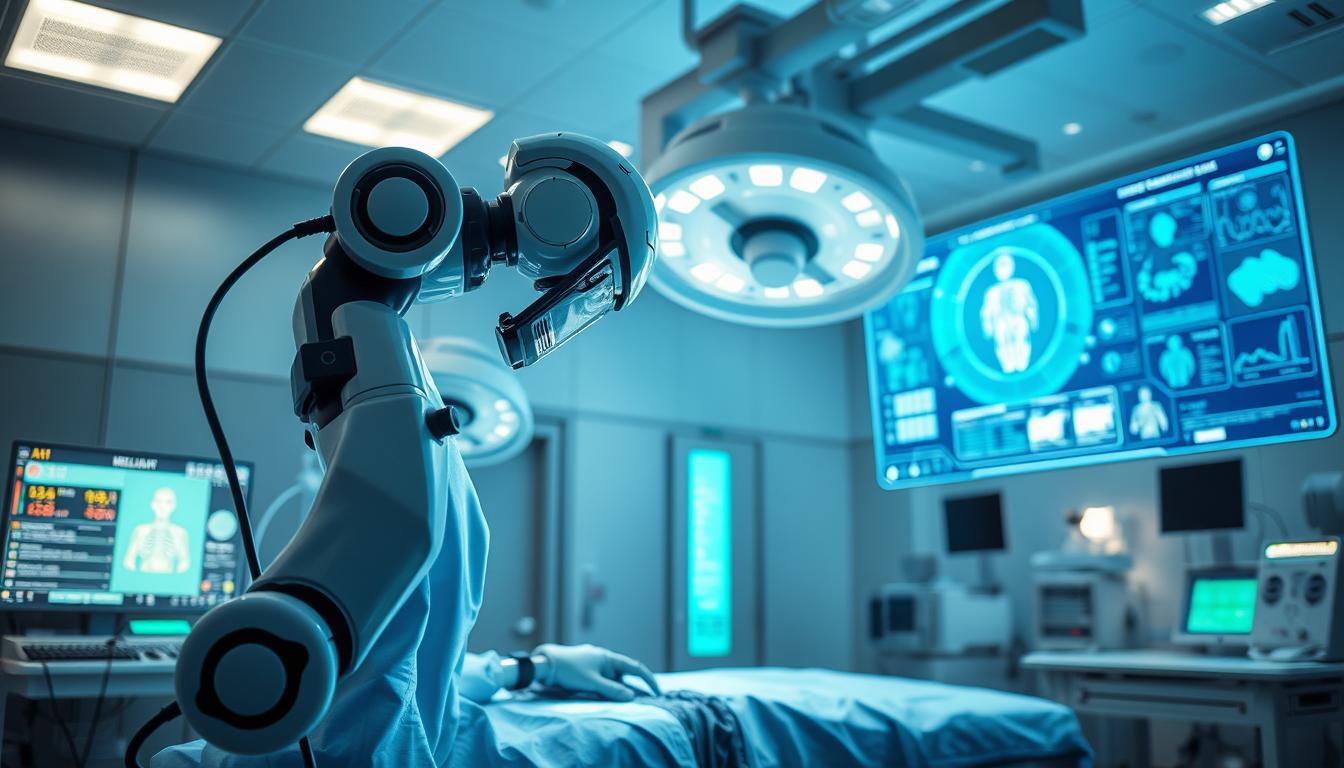
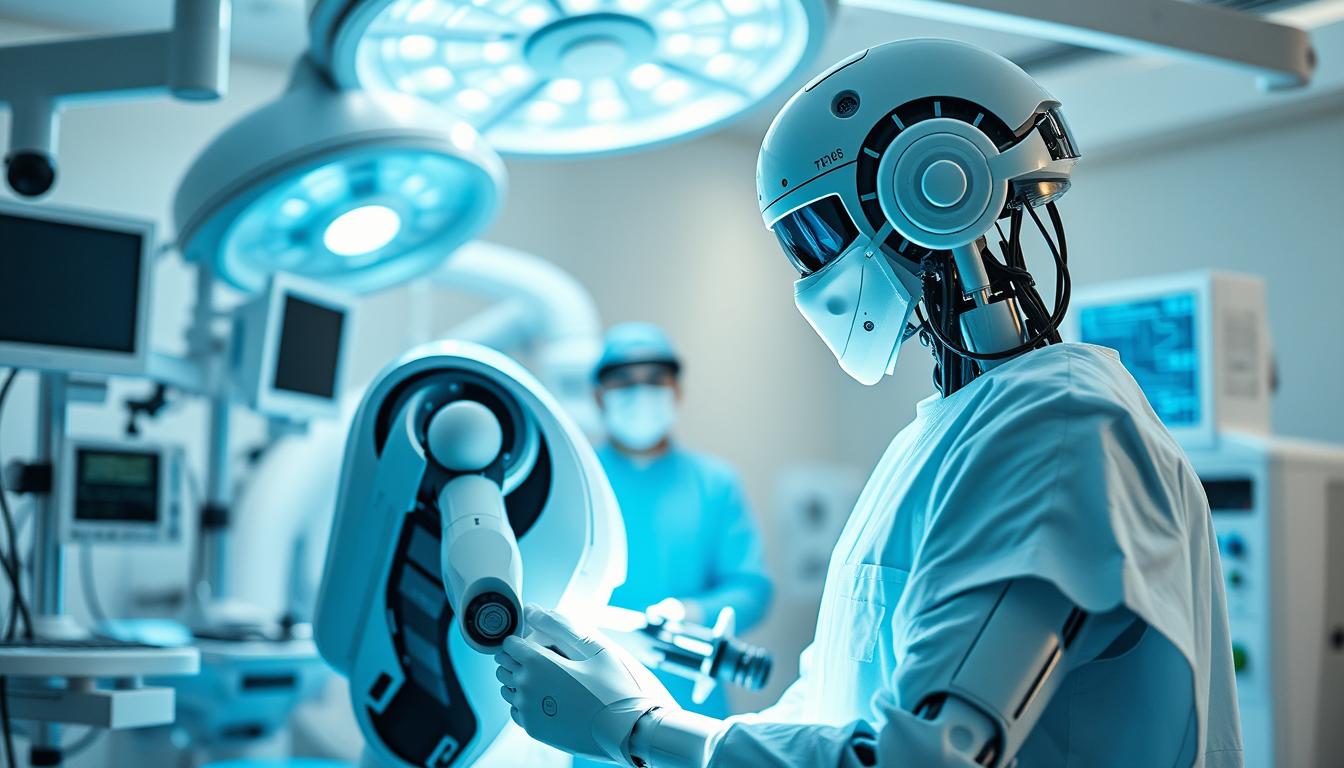
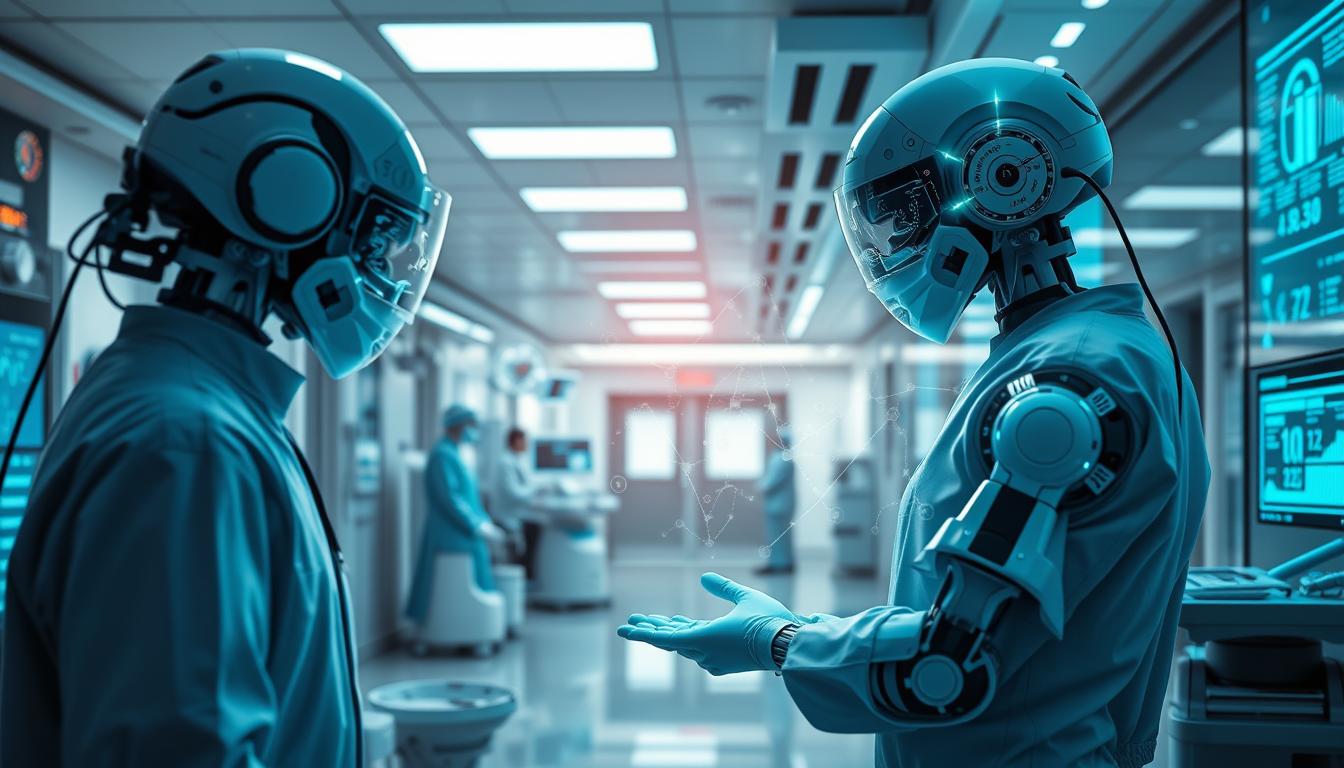



Leave a Reply